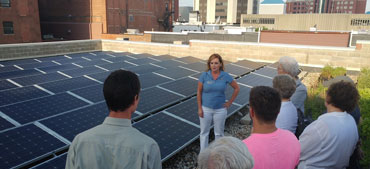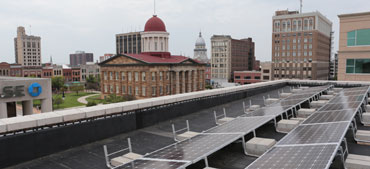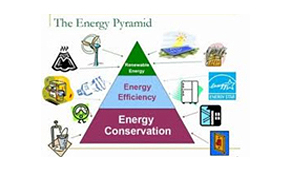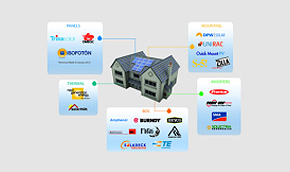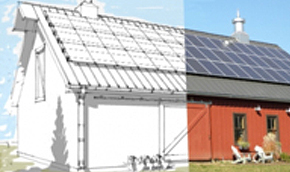WindSolarUSA’s Interview with Glenn Woodruff of SolarTech Universal Part 3: Made In America
For parts 1 and 2 of our interview with solar panel supplier Solartech Universal’s senior account manager Glenn Woodruff, see here and here.
Today wraps up Glenn’s talk with us, in which he addresses the third enemy of solar – bad policy – and shares his ideas for policies that will benefit both the environment and the American economy.
(This interview has been edited for brevity and clarity.)
Glenn: When you install Solartech panels, you invest a substantial amount of money. Because of this, a marginal price increase for a quality U.S. product should have long-term benefits. We’re local and, while we do use a global supply chain for the components that go into a module, nothing currently comes from China.
We want to stay local because of the economic implications to every manufacturing decision. For example, when we made our first generation module, we were able to use glass from a company in Tennessee. Since then, unfortunately, that company’s gone out of business because too few other manufacturers bought from it. And when we can’t buy glass here in the United States, there are downstream implications because every manufacturing job here domestically supports about sixteen other jobs in the American economy.
That’s why I point out that Solartech’s business isn’t just about Solartech and our modules. It’s about the suppliers that we have really good relationships with, and the shipping managers, and the factory workers that support local businesses by, for example, eating lunch locally. All of these implications from our domestic manufacturing show its positive economic effects.
A: Which leads me to one of my other questions.
It’s hard to have a crystal ball, because things change so quickly nowadays, especially in terms of policy. But if you did have a crystal ball, what would be some of your predictions for the U.S. solar manufacturing industry?
Glenn: That’s a great question. Since we’ve always innovated as a country – we created the solar cell – we need to continue to innovate, to support, and to provide quality. So one thing I want to see is greater investment in U.S. companies creating those innovations domestically.
And how do you do that?
For example, in China the Chinese government subsidizes the manufacturing base. That’s the reason things made here cost more: the Chinese basically produce things at a loss and dump it on the market. This is actually good for the industry as a whole, because the lower the cost, the greater the number of installations and the greater the number of employees in the industry as a whole: solar panel designers, engineers, and installation professionals.
Still, if as a country we want to compete, we need to think about not necessarily subsidizing, but incentivizing domestic manufacturing, research, and development.
Fortunately, the United States does have some state-level incentives for purchasing local components. That’s a good way to incentivize local manufacturing – for example, mandating that if you buy a U.S. product, you get an additional tax credit.
A: That’s a good idea, which brings up another question I had.
Of course, we all know about the president’s tariff on foreign solar panels that came through in January. Now, Michelle actually mentioned that you said that although this seems like a big game-changer, it might not actually have much effect on boosting American jobs because the government needs, as you said, more permanent incentives, rather than just punishments, to encourage domestic jobs.
So my question is: what would you suggest as incentives?
Glenn: So in Illinois, where you’re located, policy makers have done some state-level work with SREC (Solar Renewable Energy Credit) initiatives, carbon credit markets, and net metering laws to support the growth of the industry as a whole.
That’s good because you can tie in renewable energy policies to the manufacturing base, both at the national and at the local level.
One way to find more ideas for incentives is to take the best practices from other states and use them to incorporate a more uniform energy policy so that the soft costs of solar can be reduced. That could help increase the amount of demand, and, if you tie it in appropriately, the amount of manufacturing.
A: Great! Is there anything else that you want our readers to know about Solartech and its products?
Glenn: Just that we’re here, domestically, in Florida. One of the benefits of working with a domestic manufacturer is that, if there are issues, we’re local. You don’t have to go to China to try to address an issue. We make a high-quality, innovative product, my co-workers are really good people, who have a passion for what they do, and we want to support your Midwest customers’ installations.
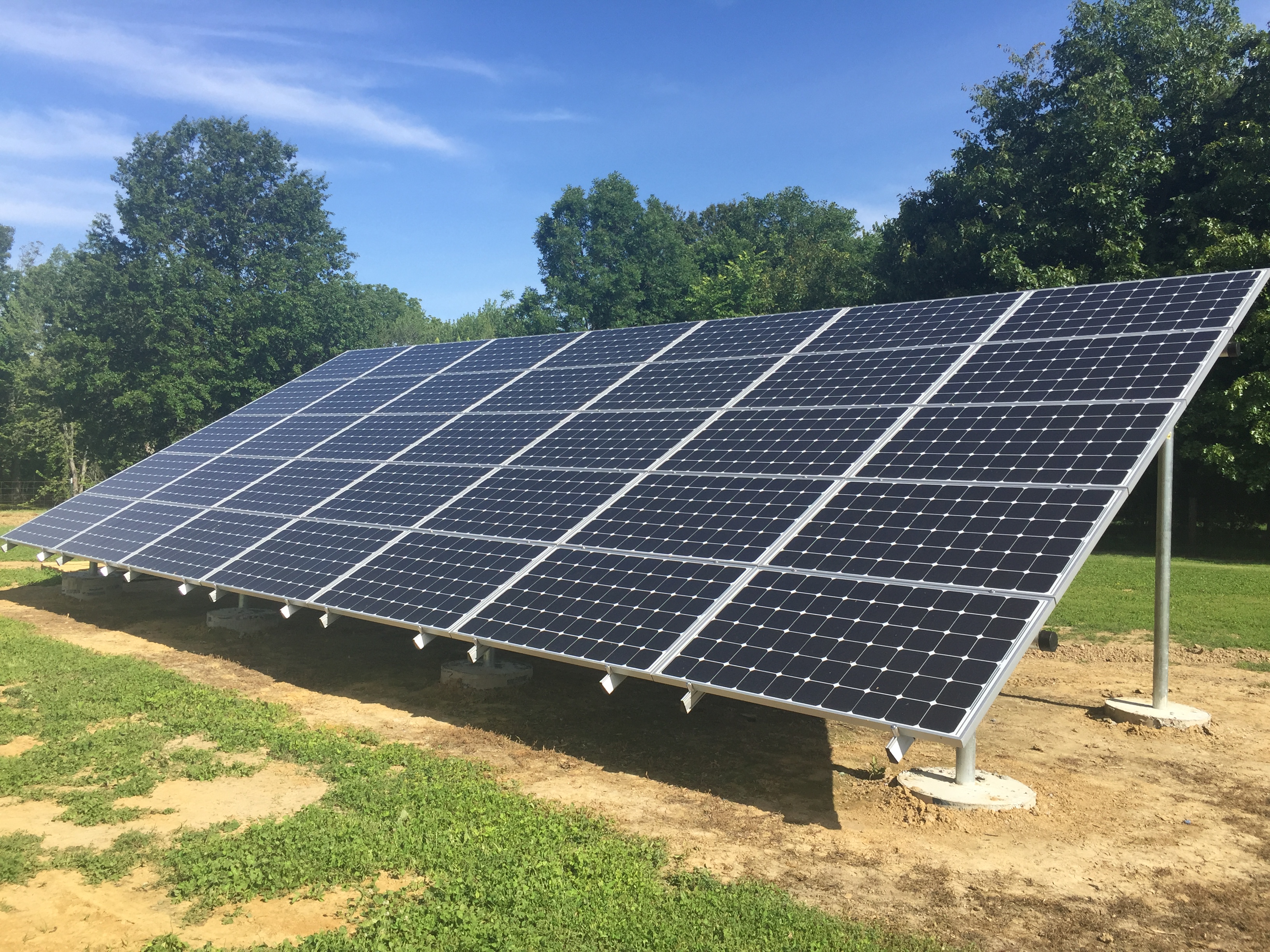
See more of WindSolarUSA’s Solartech panel installations at windsolarusa.com/photo-galleries/pitched-roof-installs
A: Thank you so much for agreeing to take the time for us, Glenn.
Glenn: It’ll be warm up there before you know it!
And it has warmed up, just as he predicted; hopefully, his solar manufacturing predictions will come true as well.
WindSolarUSA would like to thank Glenn Woodruff again for taking the time to inform our readers about what goes into our solar panels and why we chose SolarTech: these extraordinarily high-quality panels help not only our customers, but also the American economy.
Your Turn:
- What thoughts, comments, and questions do you have about our solar panels and solar policies, both in Illinois and across the nation?
- What renewable energy and other eco-friendly topics would you like to see more of?
Let us know below in the comment box, and join the WindSolarUSA conversation on
- Twitter at @windsolarusa
- Facebook at WindSolarUSA
We look forward to hearing from you!
 Author:
Author:
Allison Ruedig is a freelance writer and editor for businesses creating a greener, more sustainable future. She specializes in solar energy; say hi to her at linkedin.com/in/allison-ruedig and allisonswords.com!


